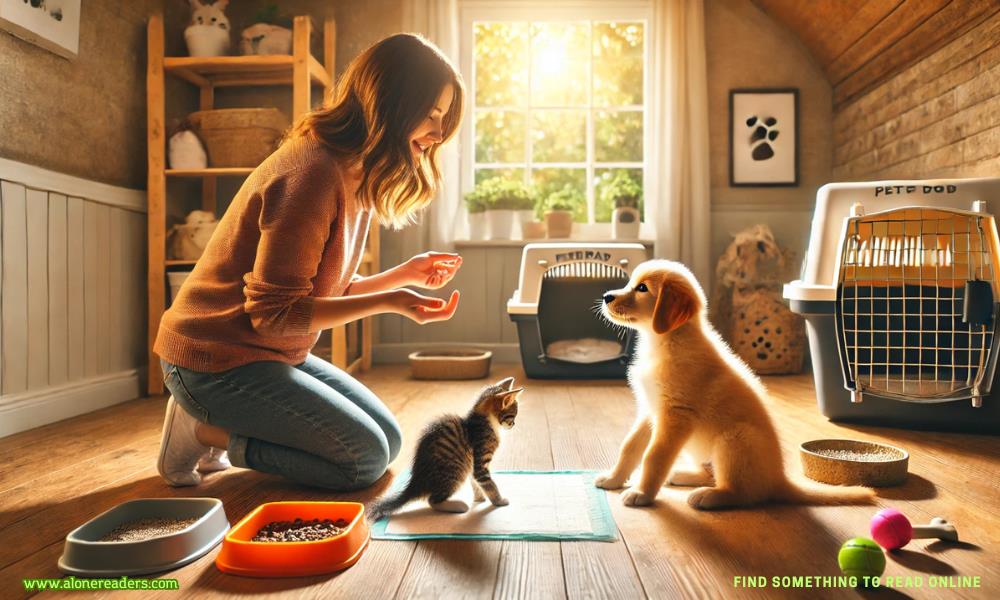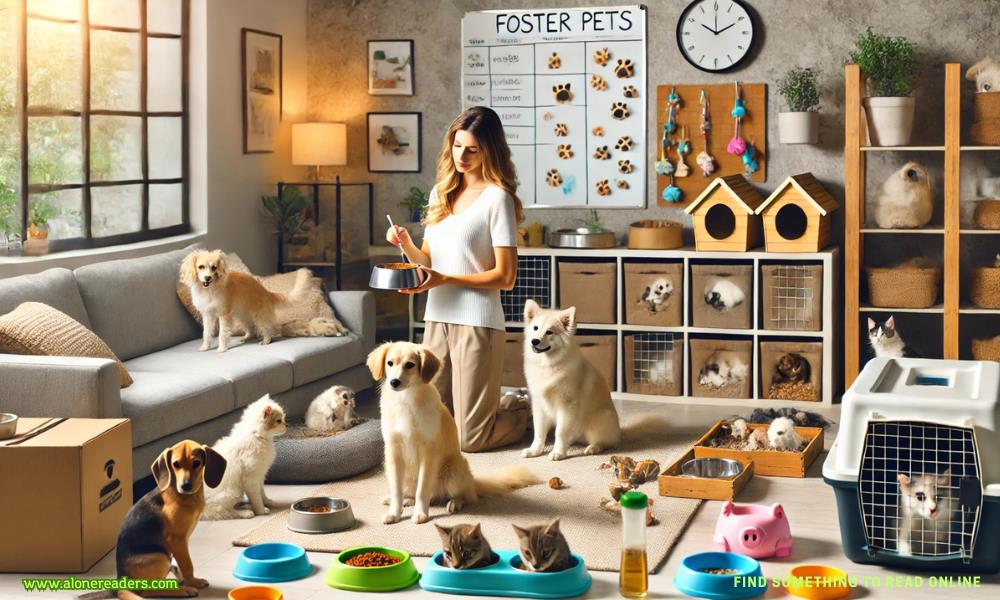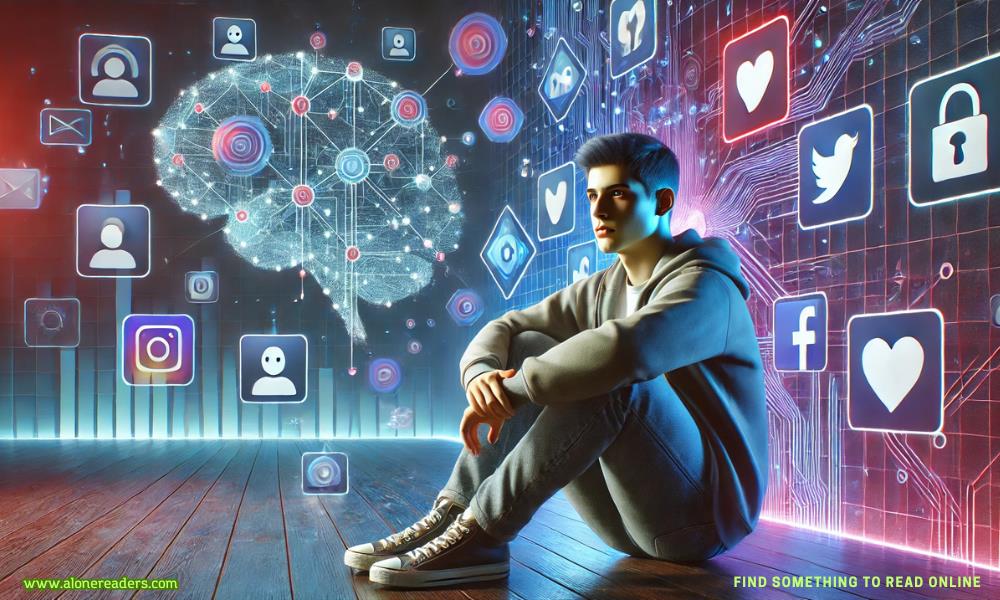Page 33 of Married to the Alien Mountain Man
“I am sorry for your loss.”
She moved her head up and down in a human gesture of acknowledgement.
“Thanks. It worked out OK in the end, though. My Aunty Anjali swooped in and saved me.”
She laced her fingers together in her lap.
“I was so young when my parents died. And I know I was really sad at the time. But what I remember feeling most was fear. Because they had been my anchors, you know? But what good is an anchor if it can just be severed like that? And leave you totally unmoored? In the blink of an eye, it was like everything I ever knew got thrown over the edge of a fucking cliff. I didn’t know where I’d go, who I’d live with, if I’d even survive the foster care system.”
Her smile returned.
“But then there was Aunty Anjali, coming to get me in her very own ship. Which was just so amazingly cool, because up until then, I didn’t know anyone who had their own ship. She was like… Like a superhero or something. She could go anywhere, do anything. Never trapped, never lost. At home wherever she went. No anchors. No fear.”
Though we may have lost our mothers around the same time in our lives, clearly our experiences after this event differed wildly. Like Jaya, I had been sent to live with a family member – my uncle, Garrek’s father. Unlike Jaya, I did not find that period of my life to be one of liberation. My uncle did not, as Jaya had said, “swoop in to save me.” Instead, he frightened me, jeered at me, beat his own son in front of me. When he tried to beat me, too, he earned his own death at Garrek’s hands, and thus set our course for this place.
But perhaps, in a way, he had liberated me after all. Because I’d always felt freer here in this penal colony than I had back on Zabria.
And this had, in turn, put me in the right place, at the right time, to meet Jaya.
It was poignant, and more than a little painful, to think about how the agonies of our lives, the disasters that have the power to throw everything into chaos, could also, one day, put us on the path of something good.
Jaya was something good.
“I understand now,” I said softly, “why you are so attached to your ship.”
“Yeah. I inherited theLavariyaafter Aunty Anjali died. It’s been my home for more than twenty years.”
“Lavariya… This word does not translate.”
“It’s her name. The ship’s name,” she clarified. “It’s the name of an Old-Earth dish from Sri Lanka. A type of sweet coconut dumpling. It’s really good with tea. It was my Aunty Anjali’s favourite food. Plus, the ship is kind of shaped like one.”
“It is interesting that you name your ships this way. And assign them genders.”
“Zabrians don’t do that?” She hopped down off the table. “Must be a human thing. We can be weirdly sentimental like that.”
Yet another facet of human culture that I found charming. It was entirely adorable that Jaya loved a ship named after something as sweet as a dumpling.
I was very glad I could play some small part in keeping that ship in her life.
Even if that very ship would be the thing to carry her away from me one day.
15
JAYA
All this talk about theLavariyamade me extra anxious to get back to her. It also had another secondary effect of making me feel irrationally close to Oaken.
I wasn’t supposed to actually open up to my husband.
The easiest way to put a stop to that would be to create some space between us.
“I should probably go now,” I said. “Before I do, do you want me to try to use the knitter on you? It’s best used to stop active bleeding, and you obviously aren’t bleeding now. But it still might do some good.”
“Do not trouble yourself,” Oaken said with a flick of his tail. “Just wait here for a moment, please.”
He disappeared into the house’s bedroom. When he emerged, he had a large leather pack slung over his shoulder.
“What’s that?” I asked, jutting my chin in the bag’s direction.
- Three Corporate Kings and a Hands-Off Bride by Chloe Kent
- Better than Revenge by Jisa Dean
- Mountain Rancher by Stella Banks
- The Contract by Rebekah Sinclair
- No, You Hang Up by A.J. Merlin
- The Triple Play by Mia Mara
- His Dark Purpose by Felicity Brandon
- Echo and the Homicidal Sea Panda by Kelex
- His Forsaken Alpha by Kelex
- Pack Apollo by Brandy Slaven
- Pack Giroux by Brandy Slaven
- His Kingdom by Kylie Kent
- Heartbeats & Highways by Emma Slate
- Masked Mafia's Runaway Bride 2 by Alexis Lee
- Just Say Yes by Lena Hendrix
- This I Promise by Elyse Kelly







